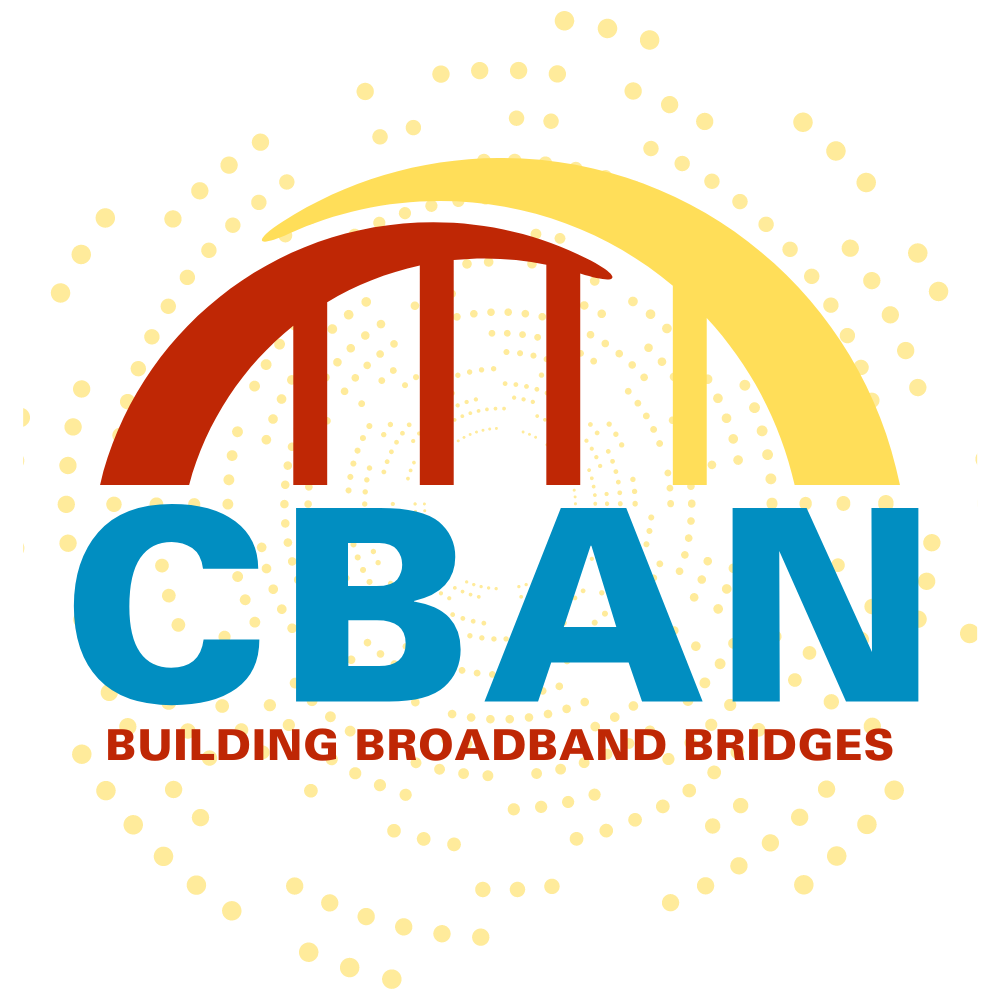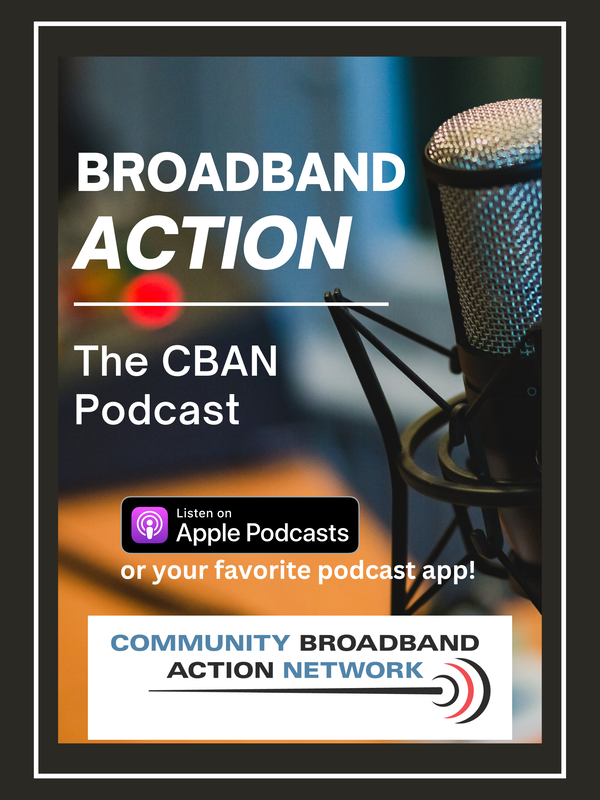 In a move that goes against recent trends for more municipal broadband networks, the town of Bardstown, Kentucky, has decided to sell its city-owned cable system to Charter Communications. While the decision was driven by the need for immediate cash flow to finance essential water and sewer utility projects, many critics argue that this move is short-sighted and could have long-term ramifications for the community's broadband and technology future. At the heart of the issue is the surrendering of local control over Bardstown's broadband infrastructure. With Charter Communications taking over the cable system, the town relinquishes its ability to shape and tailor its internet services to meet the unique needs of its residents. This loss of control could potentially result in decreased service quality, limited choices for consumers, and a lack of investment in expanding broadband access to underserved areas within Bardstown. Furthermore, by selling its cable system, Bardstown is essentially handing over the keys to its technological future to a large corporation whose primary goal is profit. This raises concerns about whether Charter Communications will prioritize the needs of Bardstown's residents or focus solely on maximizing its bottom line. History has shown that in many cases, corporate interests do not always align with the best interests of local communities. One of the key arguments put forth by Bardstown officials in favor of the sale is the belief that the town is too small to sustain its own cable system financially. However, this contention is challenged by the existence of numerous small communities across the United States that have successfully operated and managed their own broadband utilities. Indeed, many of these other communities are smaller than Bardstown. These communities have demonstrated that with careful planning, investment, and community support, it is indeed possible for small towns to maintain control over their broadband infrastructure while providing affordable and reliable internet access to residents. Rather than viewing the sale of the cable system as the only solution to generate revenue for essential utility projects, Bardstown should explore alternative options that allow the town to retain control over its broadband future. This could include seeking partnerships with neighboring communities, exploring grant funding opportunities, or even considering the possibility of creating a cooperative broadband utility owned and operated by the residents themselves. While the sale of Bardstown's cable system may provide a short-term financial boost, it comes at the expense of sacrificing local control over the community's broadband and technology future. By exploring alternative solutions and leveraging the examples set by other small communities across the country, Bardstown has the opportunity to chart a more sustainable and empowering path forward for its residents.
1 Comment
2/21/2024 05:44:04 pm
With a published population of approx. 13,621 year 2021 stat, it probably has 130 miles of HFC plant. Depending on when it was built, their HFC upgrade would be expensive, depending on chassis and plate changes on passive gear, plus High Split upgrades to all active gear HFC outfits are doing to make the reverse path at least 3x what it is now possibly towards the goal of multi-gig symmetrical speeds in the near future..
Reply
Leave a Reply. |
Broadband Bytes NewsPresented by the Community Broadband Action Network and curated by Curtis Dean. Archives
July 2024
Categories
All
|




 RSS Feed
RSS Feed
